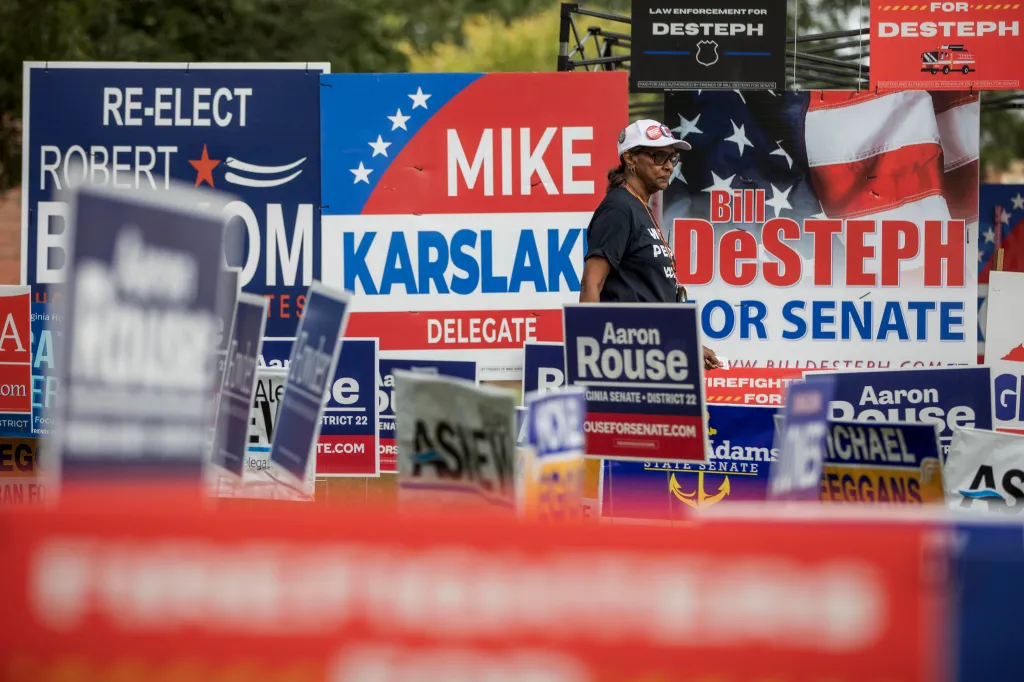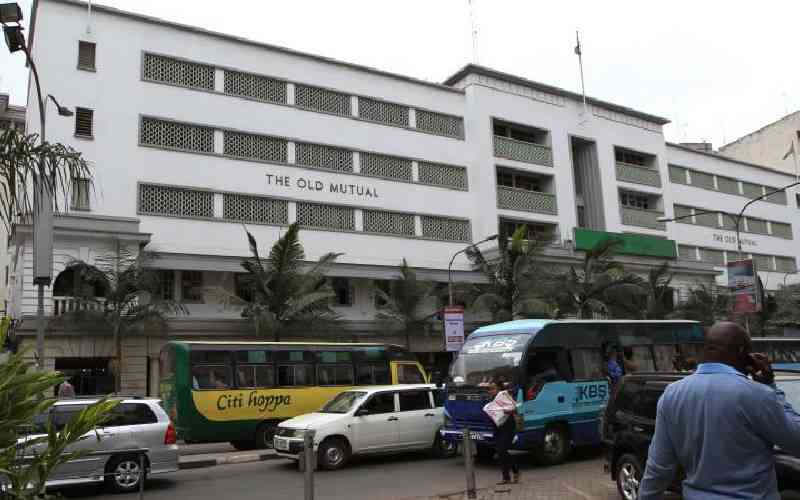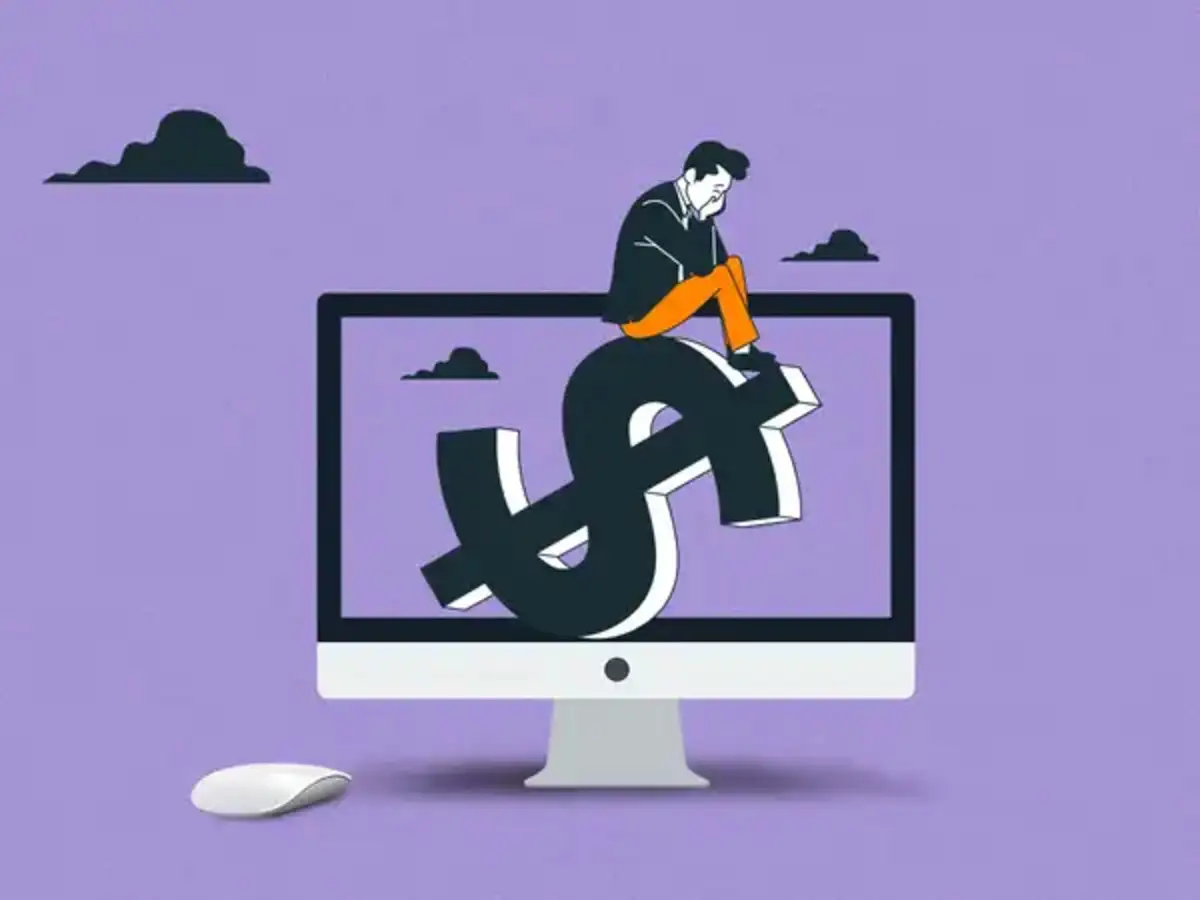
The increasingly tribal nature of national politics has led to a breakdown in consensus over basic facts. Virginia is not immune, but at least Republicans and Democrats here share a validated set of facts and figures about state politics.
This unusual level of trust is due to the nonpartisan work of the Virginia Public Access Project (VPAP), which traces its origin 30 years ago to the newsroom of The Virginian-Pilot.
My newly published book, “Trusted Source,” tells the story of VPAP’s improbable success in winning bipartisan confidence at a time of deepening polarization. It tells how what began as a simple campaign finance database compiled by The Pilot grew into a compendium of verified political information used by people across the political spectrum.
On Friday, the Slover Library Foundation will host a reception for “Trusted Source” featuring me and political commentator Joel Rubin.
The story began in 1995 at The Pilot’s Norfolk newsroom on Brambleton Avenue. Lise Olsen, a pioneering data journalist, wanted to harness the rising power of desktop computing to track money in Virginia politics. With Republicans on the cusp of ending Democrats’ century-long hold on power, Olsen convinced The Pilot to invest the time and resources to build a database that could show how money followed power during this partisan realignment.
At the time, I was the junior member of The Pilot’s statehouse bureau in Richmond. And I drew the unenviable assignment of wrangling paper campaign finance reports from the State Board of Elections.
Then Olsen and I set out on a mission to create order out of Virginia’s wide-open campaign finance system. Virginia has no contribution limits. Anything goes — as long as candidates disclose their donors. At the time, the theory was that candidates would police themselves to avoid the impression that they were beholden to special interests. But in practice that doesn’t happen.
The flaw was that the public had no practical way to follow the money. The candidates’ public disclosures — all of them paper documents, most handwritten and some barely legible — were stored in a giant bank of file cabinets in Richmond.
Olsen and I set out on a mission to supercharge disclosure. On weekends, she would drive to Richmond from Virginia Beach and we would key thousands of transactions into a database.
By applying quantitative methods to campaign finance, The Pilot and the Richmond Times-Dispatch (which in the 1990s was building its own database) moved beyond asking which candidate had raised the most money to examining how the system worked.
For instance, The Pilot illuminated the symbiotic relationship between state legislators and the state’s business community. The Pilot found that the nine most generous business PACs directed at least 95% of their donations to sitting legislators. In turn, legislators received half of their donations, on average, from the companies and trade groups that lobbied the legislature.
In 1997, I left The Pilot to create VPAP after it became clear that no single newspaper had the resources to continue to maintain the databases we had built. At first, VPAP faced distrust from the political community. “I’m all for transparency, but this is too much,” Portsmouth Del. Delegate Kenneth Melvin said when I previewed VPAP’s website to a House subcommittee.
Over time, VPAP won the trust with its rigorous focus on providing an accurate facsimile of the official public record. Some people mistakenly refer to VPAP as a watchdog. While we allowed the public to watch, we did not bark or bite. We let the numbers do the talking and gave people space to decide for themselves what the numbers meant.
Our fiercely nonpartisan approach started with a Board of Directors calibrated to have an equal number of Republicans and Democrats. Surveys of our users found that nearly 95% agreed with the statement, “VPAP is fair.”
I never imagined accuracy and fair play would become such a big deal. That was just something my editors instilled in me. But after technology and political divisions combined to erode faith in our institutions, the trust piece clicked into place.
David M. Poole of Richmond was a reporter in The Virginian-Pilot’s Richmond bureau from 1994-1997. He left to create the Virginia Public Access Project (VPAP), a nonpartisan source of information about state politics, and retired from VPAP in June 2023.



